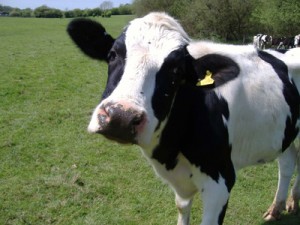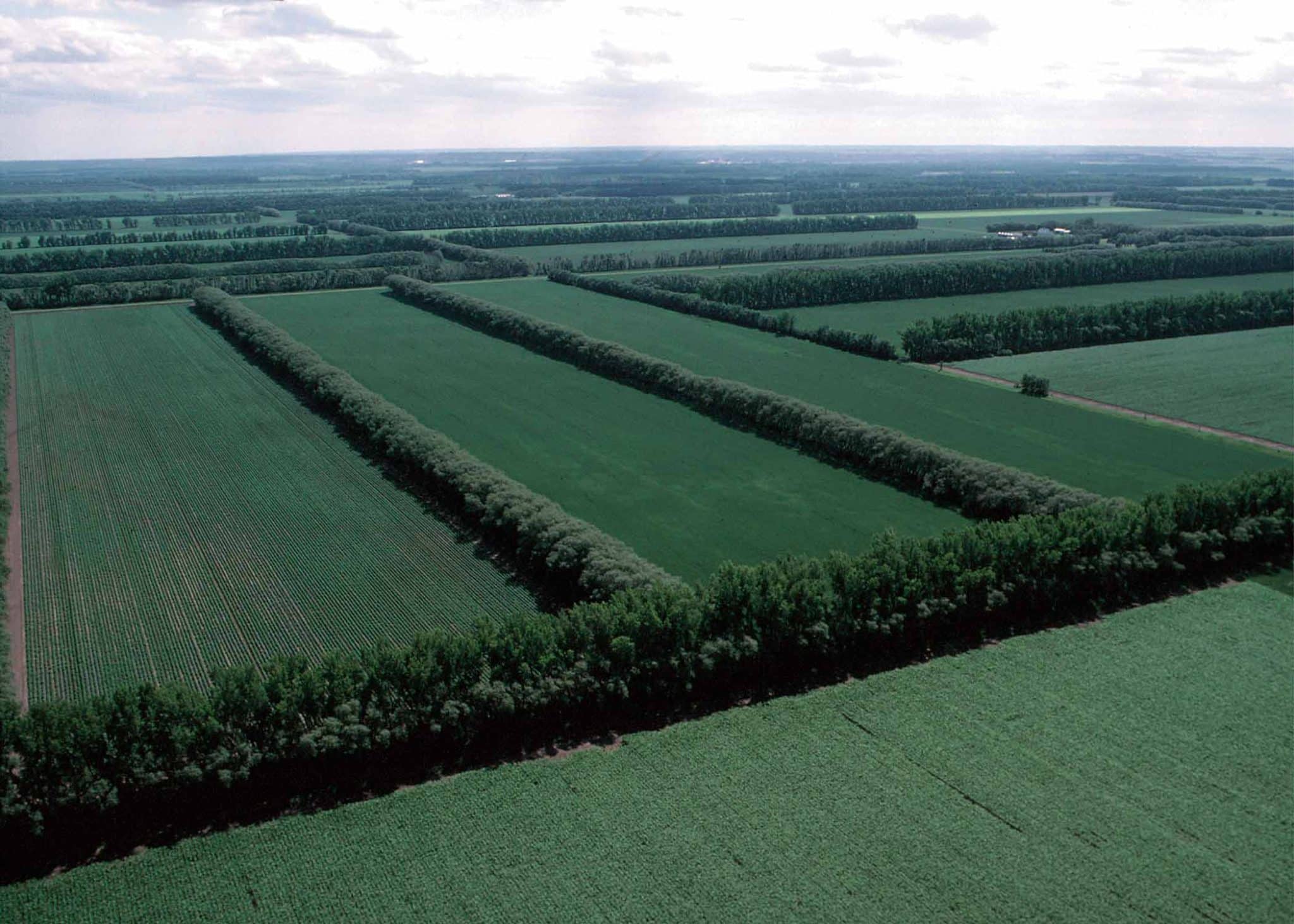by Doreen Hannes
The issues that brought a tiny Missouri farmstead cheese plant to the forefront in the U.S. Food and Drug Administration’s war on raw dairy continue to expand. This “war” remains troubling, if not more so. As a wise man once said, “Truth is stranger than fiction.” The intrigue doesn’t dissipate at all with the increase in information regarding Morningland Dairy. The tests, methods and procedures that began this tragedy are very questionable.
 Let’s back up a step. On June 30, agents from five or six agencies raided Rawesome Food Club in the Venice section of Los Angeles. They covered the security cameras after about a minute, and proceeded to spend several hours rummaging through the place and confiscating product—about $11,000 worth, according to Rawesome. The U.S. Food and Drug Administration took a bunch of stuff, and the California Department of Food and Agriculture took another bunch of stuff, leaving lists of seized items.
Let’s back up a step. On June 30, agents from five or six agencies raided Rawesome Food Club in the Venice section of Los Angeles. They covered the security cameras after about a minute, and proceeded to spend several hours rummaging through the place and confiscating product—about $11,000 worth, according to Rawesome. The U.S. Food and Drug Administration took a bunch of stuff, and the California Department of Food and Agriculture took another bunch of stuff, leaving lists of seized items.
All the seized products appear to have been sent for testing to the CDFA. (I say “appear to” because no one has formally said anything, but the report of contamination of Morningland Dairy cheese came from CDFA.)
The test results (part of the sheet is presented here) given to Morningland by the CDFA show reports for two types of cheese attributed to Morningland Dairy—“raw milk Colby hot pepper” and “raw milk garlic”. (Remember these, I’m going to test you on them later.) The scientific information on these reports is heavily redacted and lacks the detail that would have been required to pass a college course on Biology….at a reputable school, anyway.
The first thing that strikes one as extremely odd about the lab test report is that it fails to cite the name of the company in the product description. Secondly, there are no batch numbers for the cheese. These indicate the production date of food and help isolate potential problem areas. Thirdly, while they cite two types of cheese, there are two photocopies of the same one-pound block of Morningland Dairy Garlic Colby (this is yet a third type in addition to the two cited previously), showing its weight as .87 lb.
Then there are the key results: “L. monocytogenes detected” and ‘staph aur. detected”. Because of the oddities—the lack of batch numbers, failure to identify the manufacturer and the missing photograph of “Morningland Hot Pepper Colby”, I asked Denise Dixon of Morningland for the invoices of Rawesome’s purchases from Morningland prior to the June raid.
Discrepancies
The invoices indicate that Rawesome (invoiced to James Stewart) purchased cheese in October and November of 2009, and May and June of 2010. The invoices reveal Rawesome purchased Morningland Dairy Hot Pepper Colby in ½ pound blocks, but there was no picture of this cheese with the CDFA lab report. The majority of cheese purchased by Rawesome from Morningland Dairy was goat cheese, which runs under Morningland’s Ozark Hills label. All cheeses invoiced to Rawesome were in ½ pound packages, and Morningland had sold no “Morningland Dairy Garlic Colby” to Rawesome at all. So where did this one-pound block of Garlic Colby in the CDFA picture come from?
After finding these anomalies, Denise Dixon contacted the CDFA for more information on the tests conducted of Morningland Dairy or Ozark Hills products seized from Rawesome. She contacted Dr. Stephen Beam, the head of its dairy division, via email, and was told that only two samples of Morningland products were taken and that no samples of Ozark Hills (Morningland Dairy’s Goat cheese line) were collected. So, they sampled a type of cheese that was never sold to Rawesome (Morningland Dairy Garlic) and had none of the most recent order of Ozark Hills goat cheese in their inventory at all. Hmm, says I. The most recent Morningland invoice to Rawesome was entirely Morningland’s Ozark Hills goat cheese.
Transparency?
Interestingly, when you go through the inventory of seized items written by the CDFA, there are six items (59, 75, 76, 78, 79 and 80) that fit Morningland Dairy’s cheese descriptions (none are identified by brand). The product that was tested by CDFA and never sold to Rawesome is listed twice and numbered as 59 and 80 in the CDFA inventory. It says underneath number 59’s description “gallic colby” and is followed by “5”. We don’t know what “5” actually means, but one would think it would be either a number of packages or a weight. Some of the seized products have a weight associated with their description and some do not. There are two other entries on the inventory by CDFA stating “Morningland Dairy”, but on both of those, “Morningland” is crossed out, and one of them (item 80) is the never-sold-to-Rawesome Garlic Colby. Next to that entry is written “54”. Again, we don’t know what the “54” means. 54 packages? 54 pounds? 54 ounces? 54 grams? Who knows? Those who should know, like Dr. Beam, aren’t telling.
The statement by Dr. Beam that there were no other samples of Morningland or Ozark Hills product collected by CDFA just doesn’t make sense. The FDA also seized product from Rawesome. Its report clearly states that it took “10 subs (16 oz) of Morningland Dairy Raw Milk Cheese-Mild Cheddar from Mountain View, MO.” Despite not knowing what “subs” are (yes, I know, the sandwiches, but this is just cheese!) and the fact that Morningland did not sell 16oz blocks of cheese to Rawesome; we can verify through the invoices that Rawesome purchased Morningland Dairy Mild Cheddar cheese. It could have been taken from Rawesome inventory…just not in 1 pound blocks. Evidently, the FDA’s USPHS (United States Public Health Service) is incriminating CFDA for not following the search warrant and failing to take representative samples of ALL dairy products for laboratory testing. Either that, or Doctor Beam and CDFA don’t know how to read labels.
At best, the documentation here is terribly sloppy, and at worst, seriously inaccurate (perhaps a lawyer can tell if it might even be criminally so). Add to that the fact that all the legal proceedings—the issuance of the search warrant that allowed the seizure of the cheese and the issuance of the Missouri Milk Board’s order to destroy the cheese—have taken place in secret, and the fact that no illnesses have been attributed to Morningland cheese, one must question the motives of these agencies. How can there be any claim of due process when a business has been nearly shuttered and pushed to the brink of insolvency based on sloppy and inaccurate paperwork and entirely secret legal proceedings? Not to mention, the absence of any internal appeals procedure with the Missouri Milk Board.
Businesses should not be defamed and railroaded out of business by such sloppy procedures by government agencies. The results of the CDFA ‘investigation’ are seriously suspect; as such, they should be quarantined and subjected to a destruction order. They are the real threat to public health. If you wish to help Morningland Dairy fight for their right to exist, please donate to them at the UnCheese Party site.
Editor’s Note: This is yet another example of government overreach, and Senate Bill 510 will increase the Food and Drug Administration’s ability to terrorize small farmers, with no congressional oversight involved. The FDA has all the authority it needs at the present to insure the safety of the food supply.
Other articles in this issue:
- The Return of the Dark Ages
- Common-Sense Strategies for Self-Defense
- What More Dollars In The Economy Means For You
If you liked this article you may be interested in this product from our sponsor.











